Napa cabbage thrives in cool climates, often grown in mountainous regions where summer temperatures rarely exceed 25 degrees Celsius. However, research shows that warmer weather due to climate change is threatening these crops, to the point that South Korea may one day be unable to grow Napa cabbage.
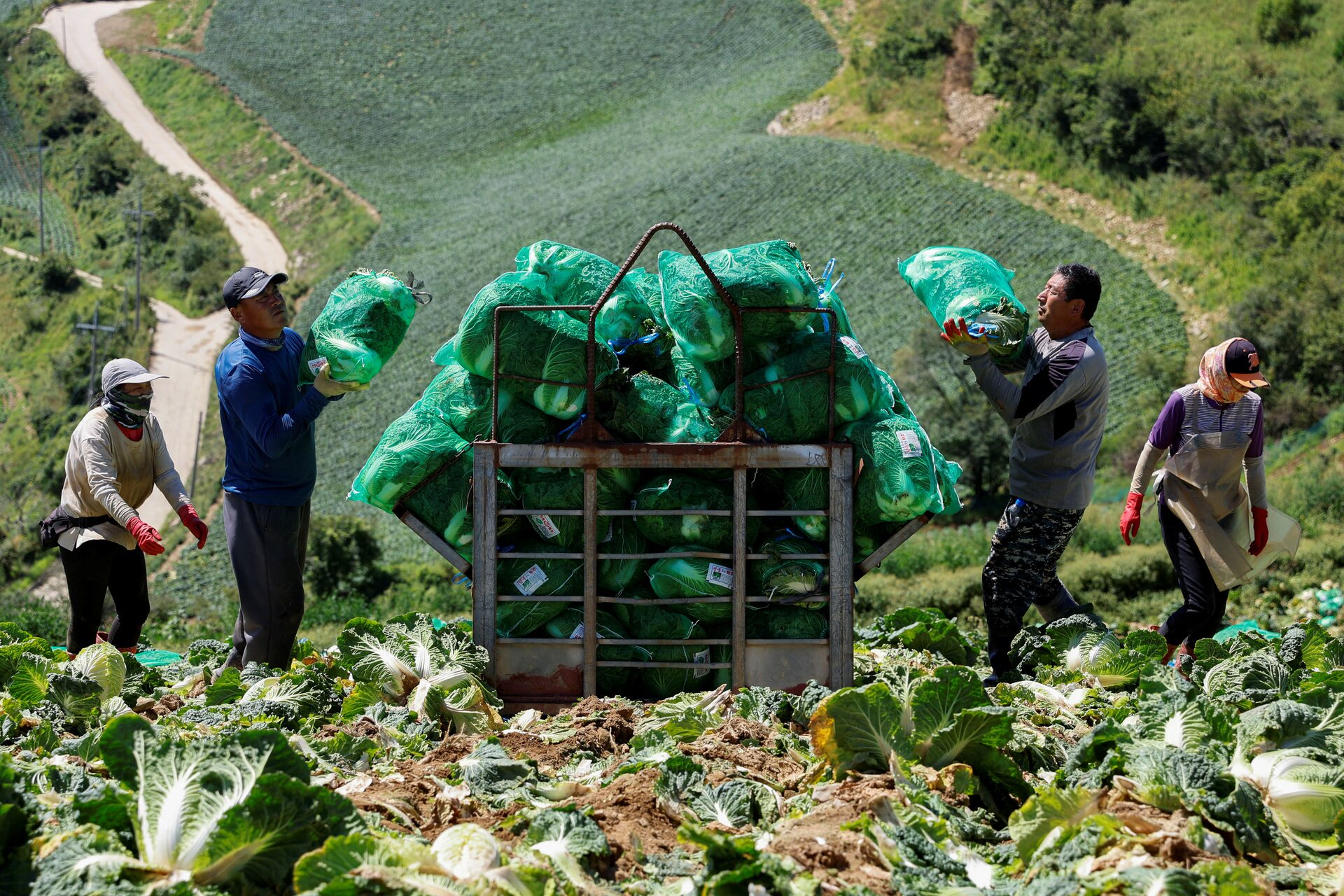
Farmers harvest kimchi cabbage in Gangneung, South Korea, August 22, 2024. Photo: REUTERS/Kim Soo-hyeon
“Cabbage grows in cool climates and is adapted to a narrow temperature range,” said Lee Young-gyu, a plant pathologist. “The optimum temperature is between 18 and 21 degrees Celsius.”
Now, kimchi farmers and makers have noticed the change. Spicy, fermented kimchi can also be made from other vegetables such as radishes, cucumbers and green onions, but the most popular is still cabbage kimchi.
Lee Ha-yeon, who was awarded the title of "Kimchi Master" by the Korean Ministry of Agriculture, said high temperatures cause "the cabbage's heart to break and the roots to rot."
"If this continues, we may have to give up cabbage kimchi in the summer," said Ms. Lee.
Data shows that the area of cabbage grown on the plateau last year was less than half of what it was 20 years ago, down from 8,796 hectares to 3,995 hectares. It is predicted that this area will decrease sharply in the next 25 years, to just 44 hectares, and by 2090, there will be no cabbage grown on the plateau.
The reason for the shrinking crop area is due to high temperatures, erratic heavy rains and pests that are more difficult to control during the long hot summer.
Climate change is also adding to the challenges facing South Korea’s kimchi industry, which is struggling to compete with cheap imports from China. Kimchi imports rose 6.9 percent in the first seven months of this year to $98.5 million, mostly from China.
South Korean scientists are developing crop varieties that can withstand warmer climates and are more disease-resistant.
But farmers like Kim Si-gap, 71, who has worked in cabbage fields all his life, worry that the new varieties will be more expensive and may not taste as good as before.
“When we saw the report that one day Korea would no longer be able to grow cabbage, we were really shocked and sad,” Mr. Kim said. “Kimchi is an indispensable dish on the dining table. What would we do if that happened?”
Cao Phong (according to Reuters)
Source: https://www.congluan.vn/mon-kim-chi-cua-han-quoc-co-the-bien-mat-vi-bien-doi-khi-hau-post310375.html






![[Photo] Bustling construction at key national traffic construction sites](https://vstatic.vietnam.vn/vietnam/resource/IMAGE/2025/5/2/a99d56a8d6774aeab19bfccd372dc3e9)





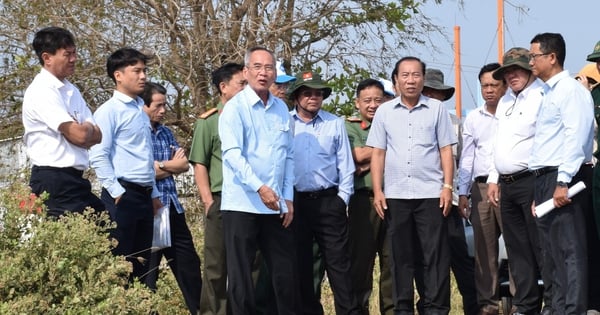

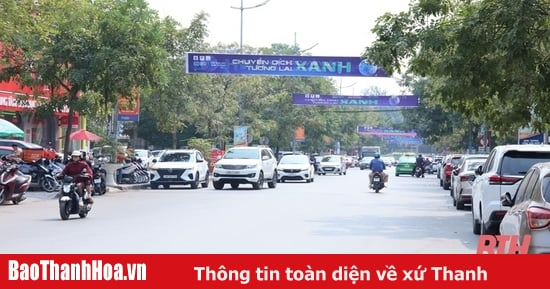













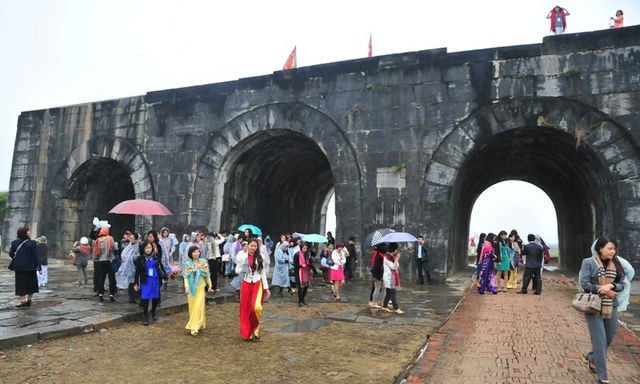




![[Photo] Binh Thuan organizes many special festivals on the occasion of April 30 and May 1](https://vstatic.vietnam.vn/vietnam/resource/IMAGE/2025/5/1/5180af1d979642468ef6a3a9755d8d51)
![[Photo] "Lovely" moments on the 30/4 holiday](https://vstatic.vietnam.vn/vietnam/resource/IMAGE/2025/5/1/26d5d698f36b498287397db9e2f9d16c)





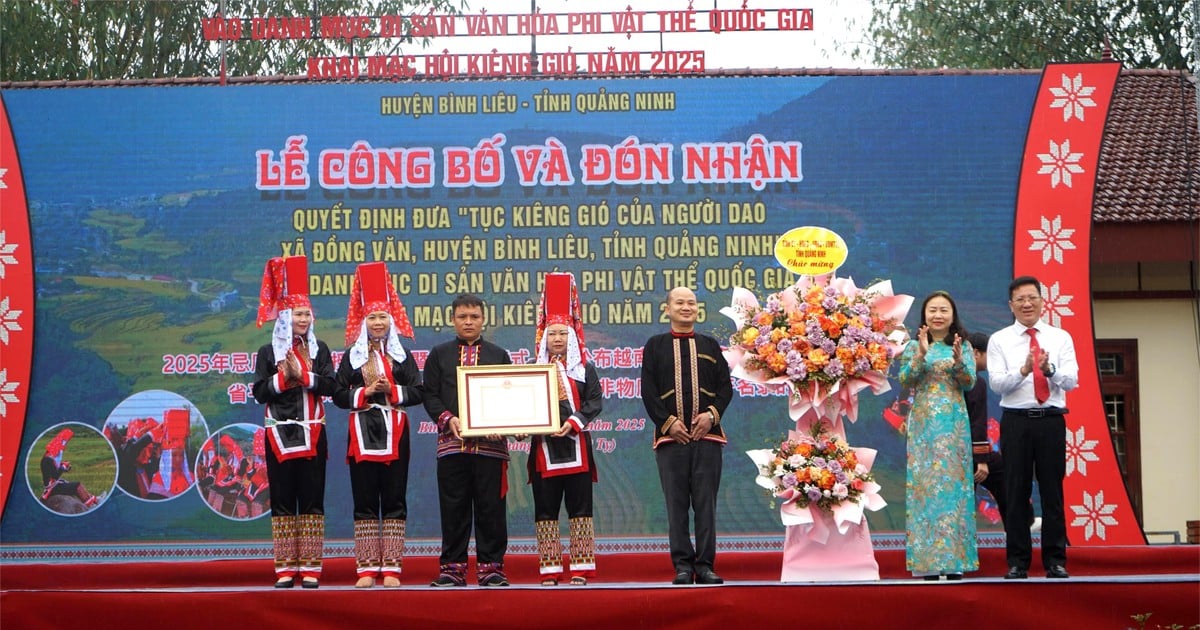



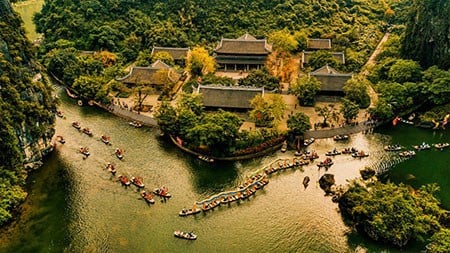

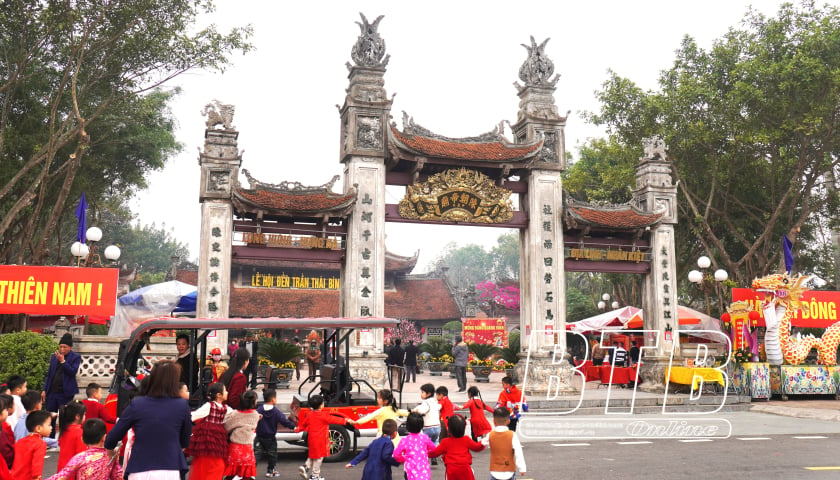


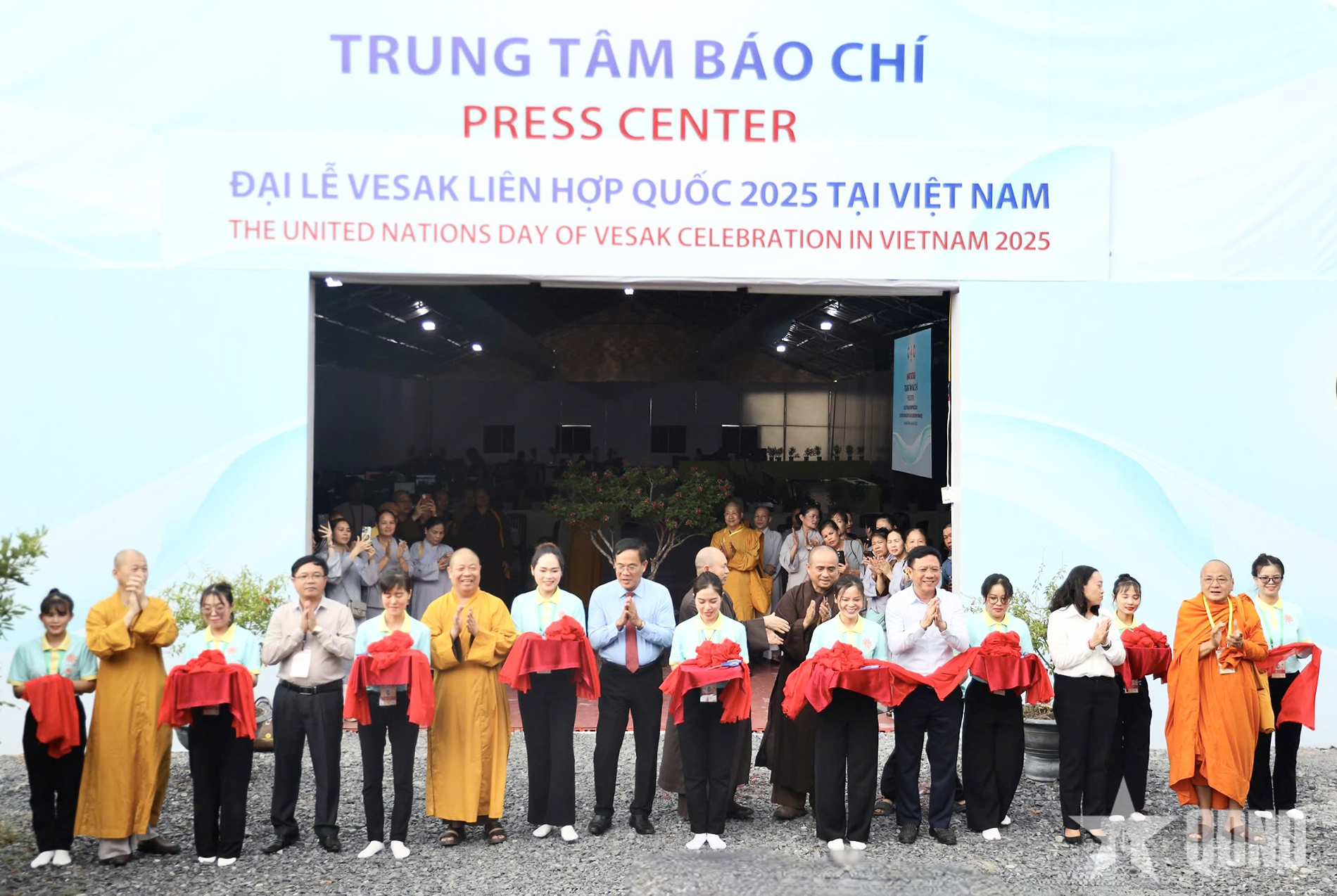


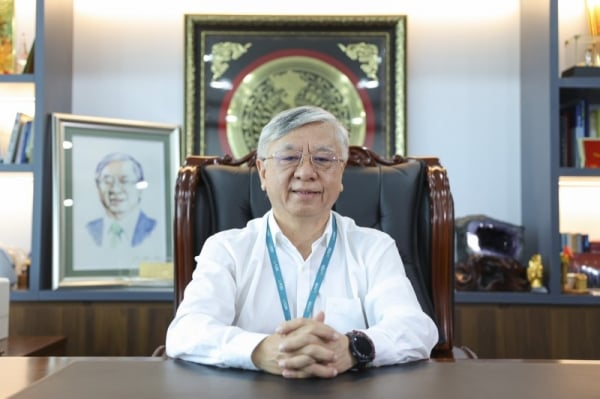













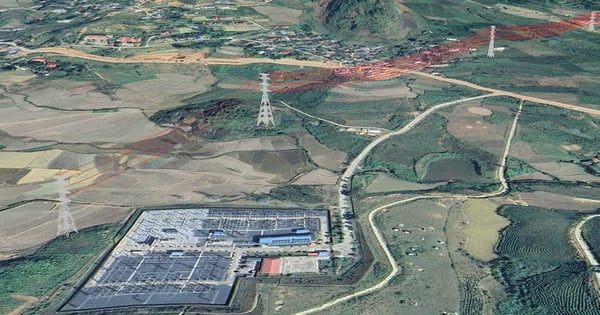
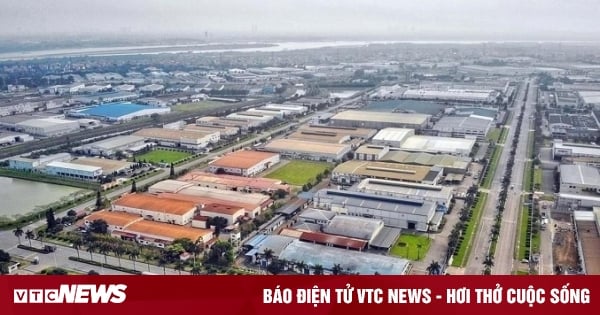

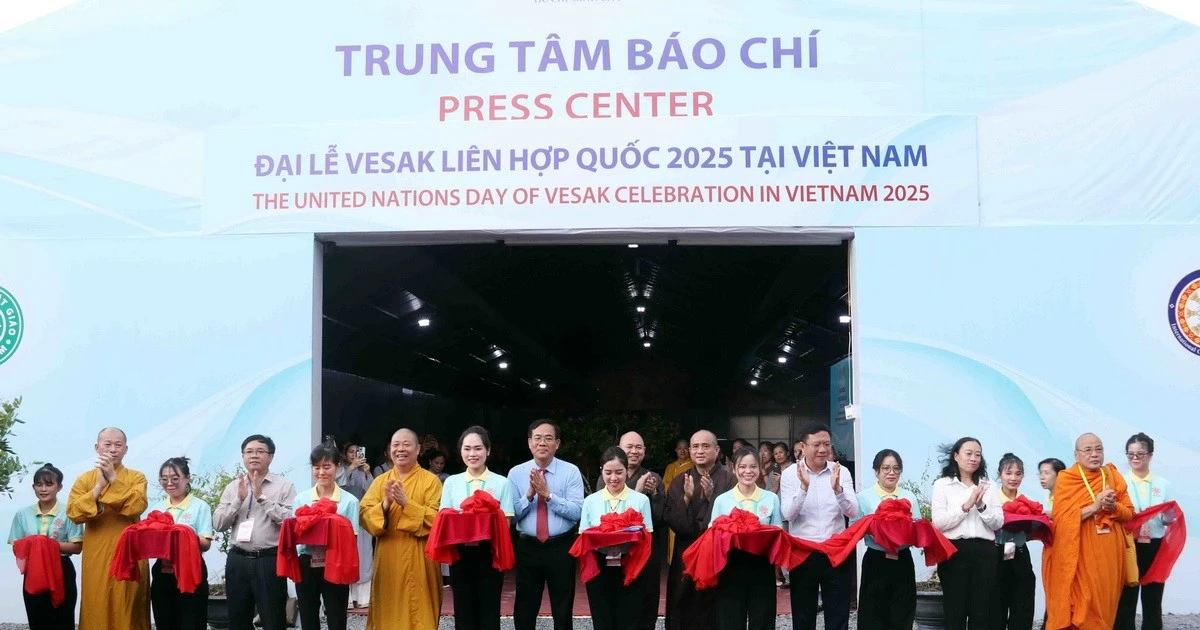




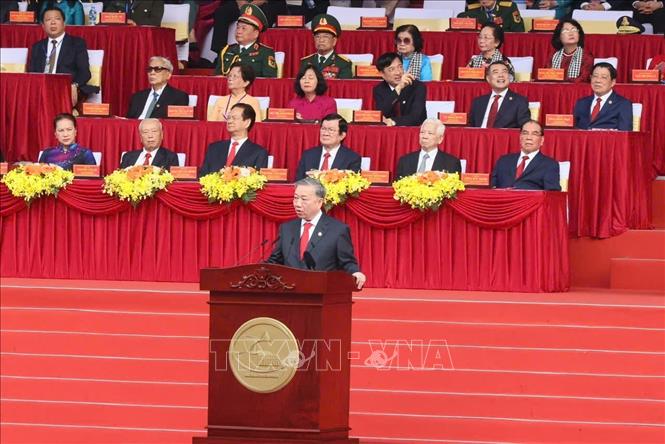










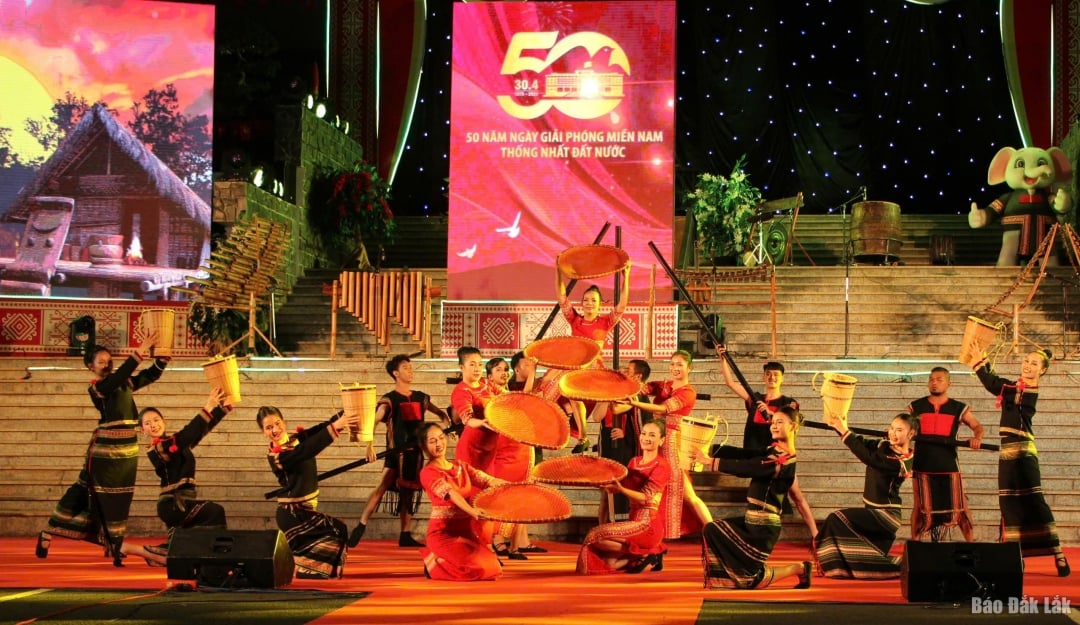

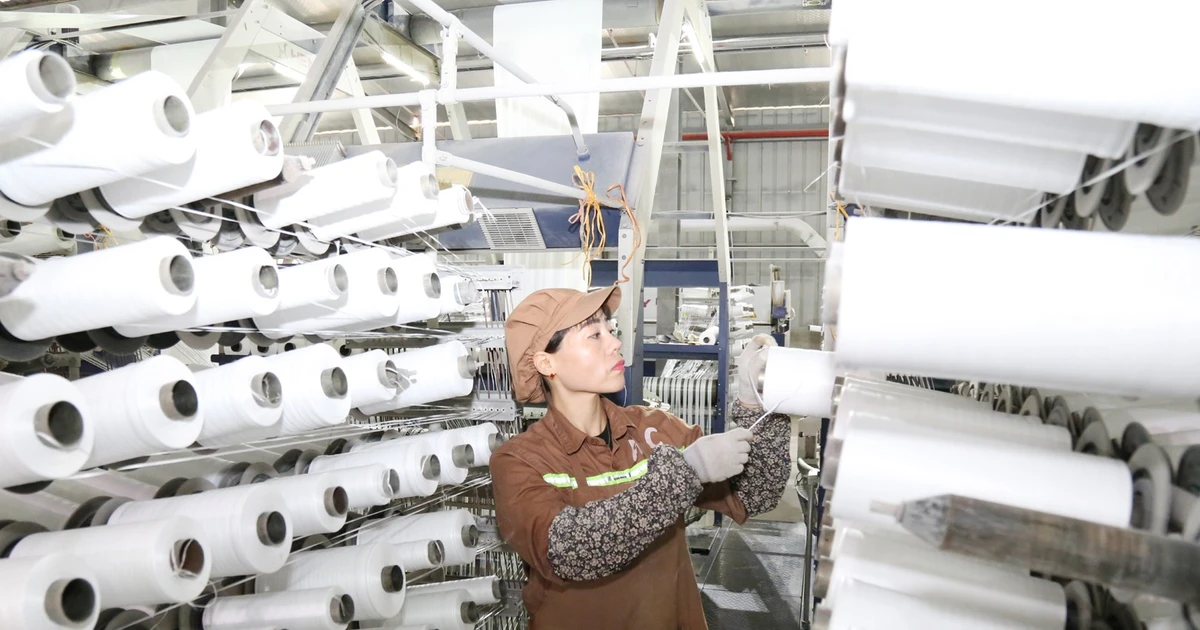




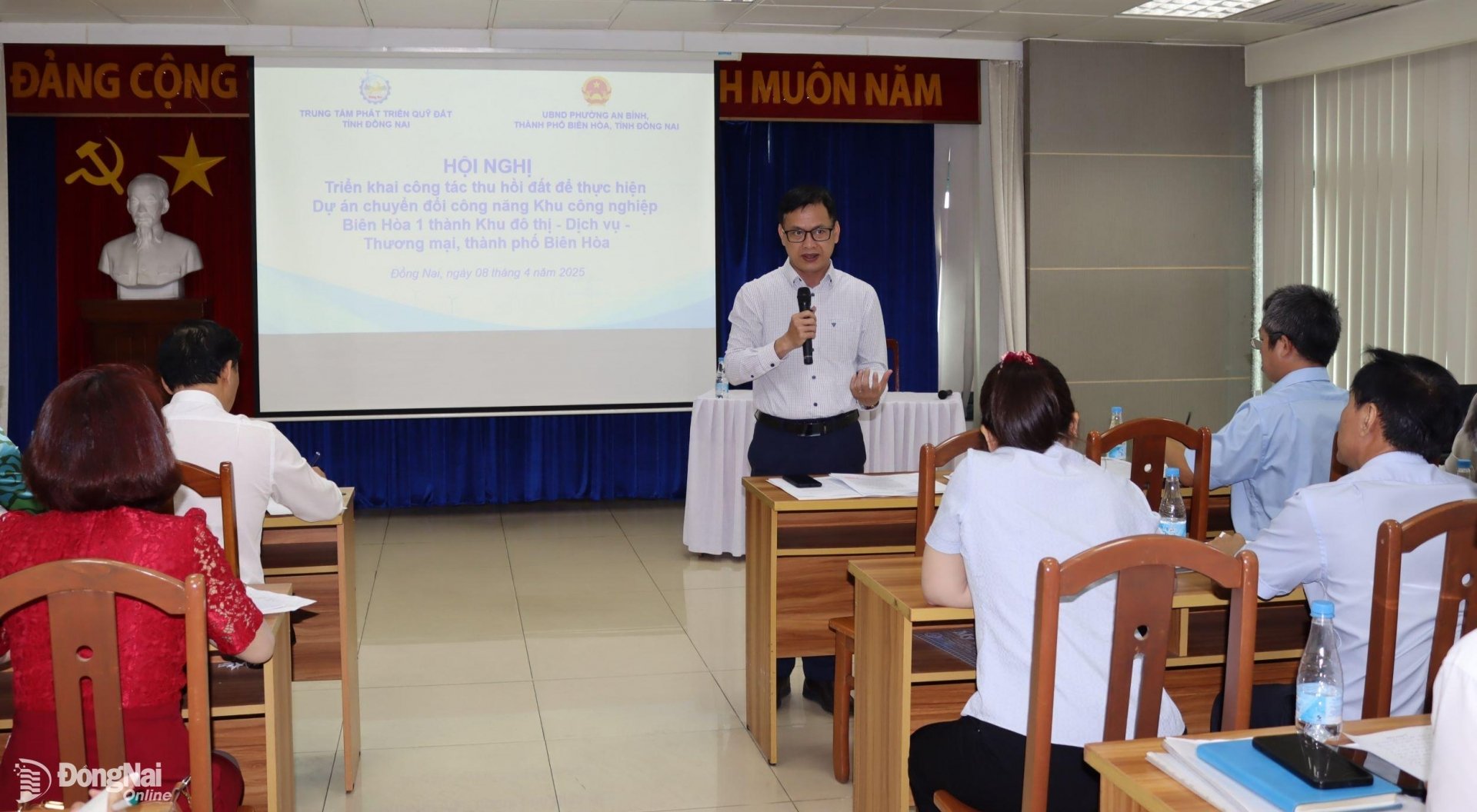
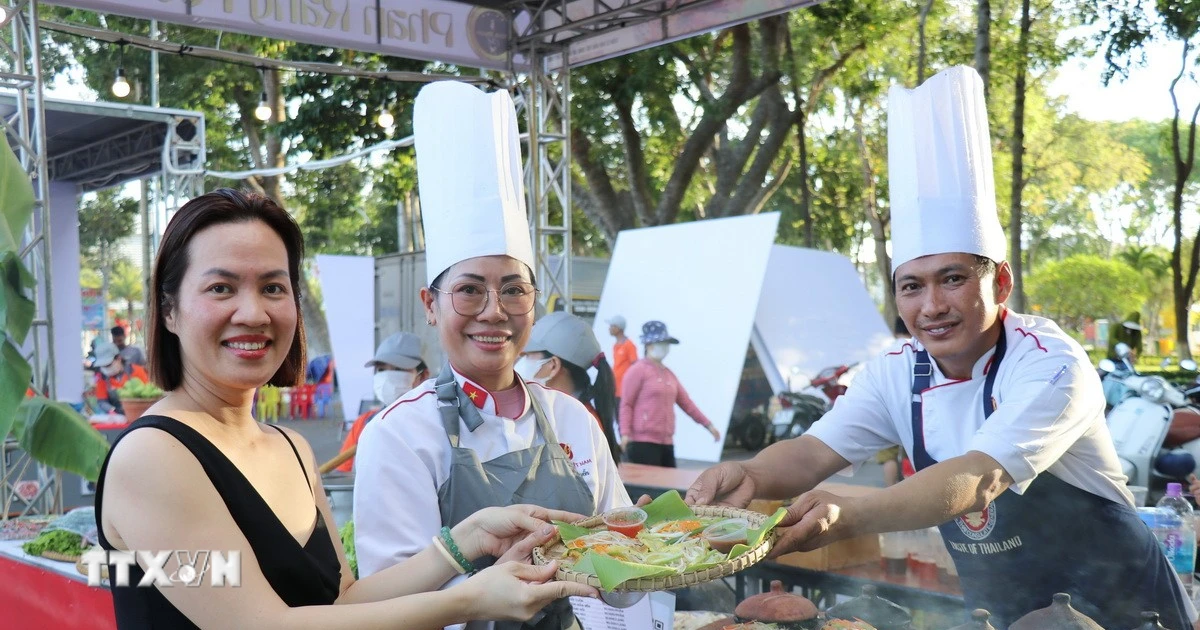



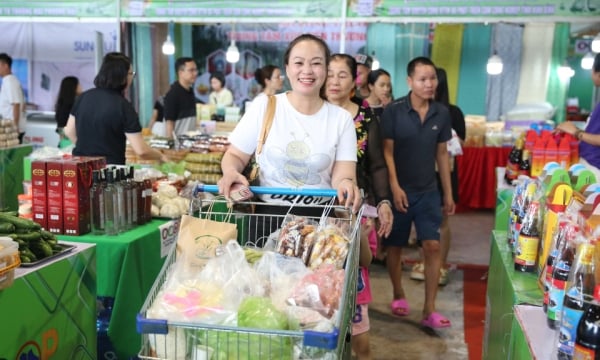
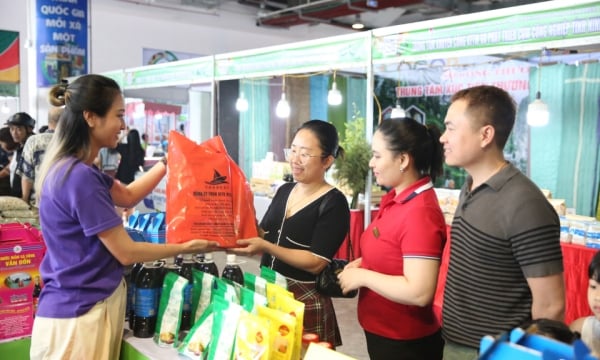
Comment (0)